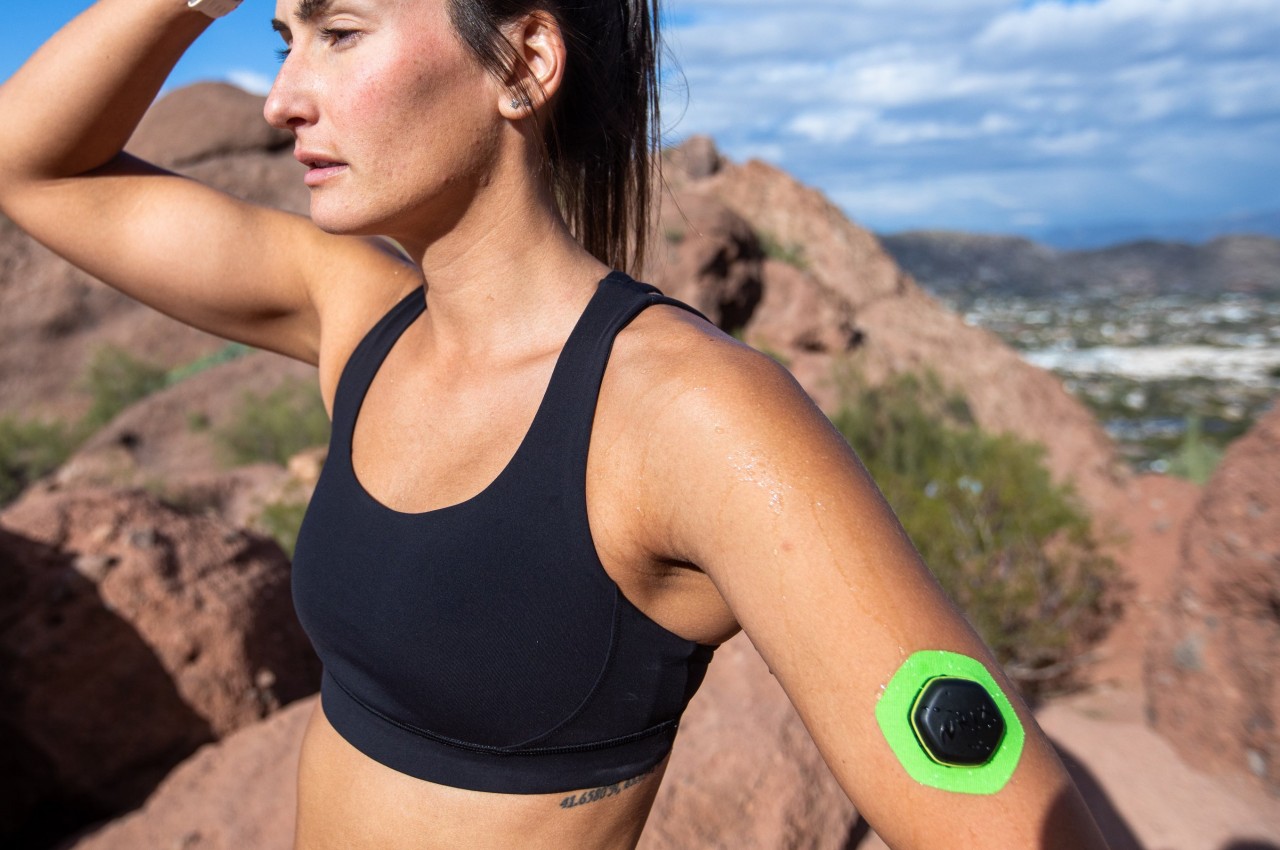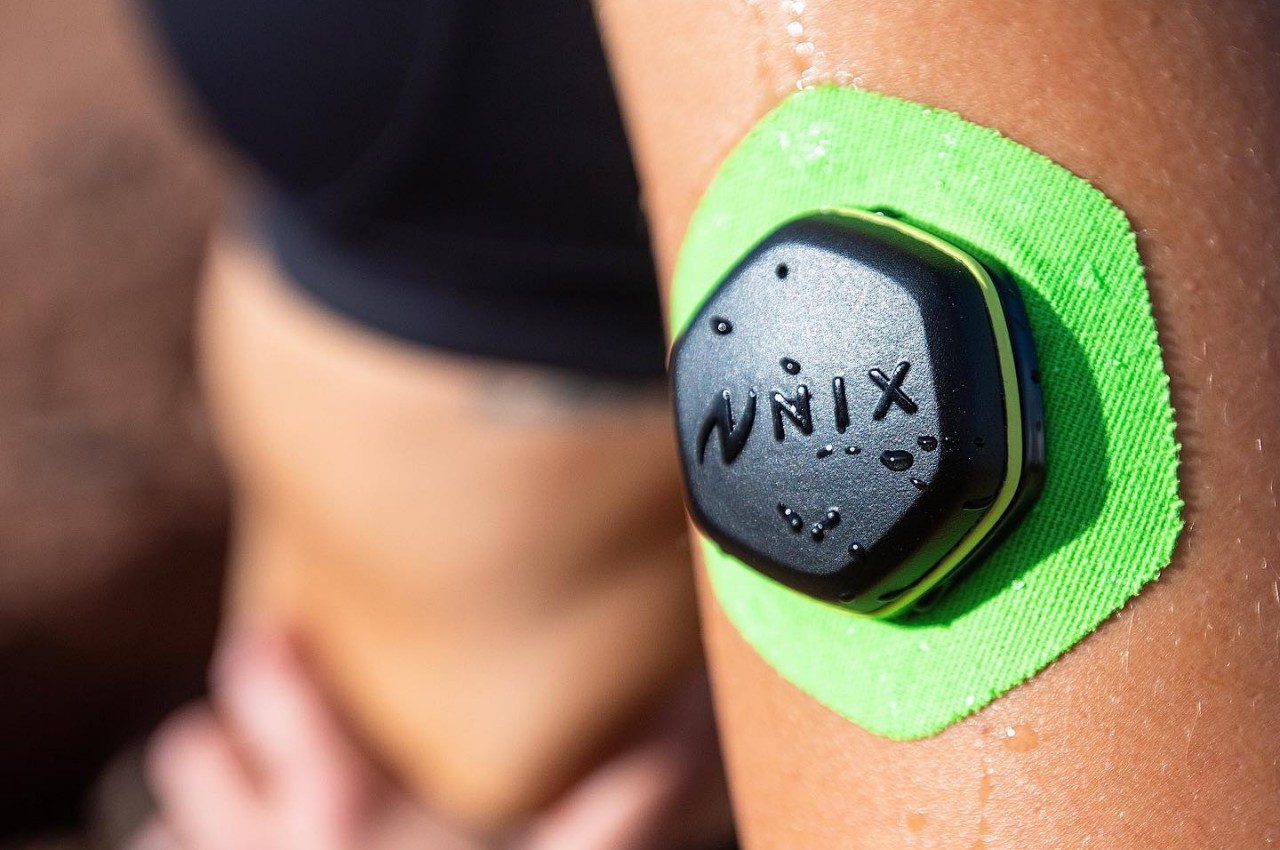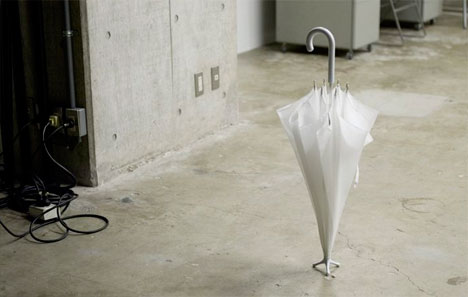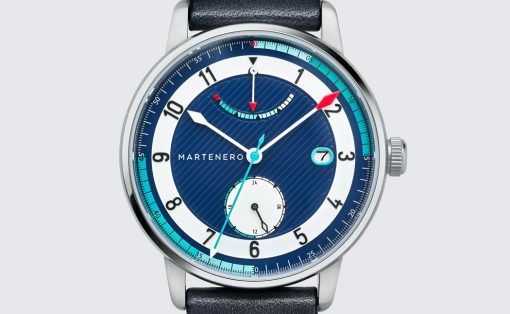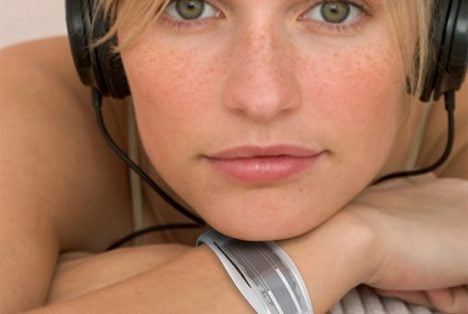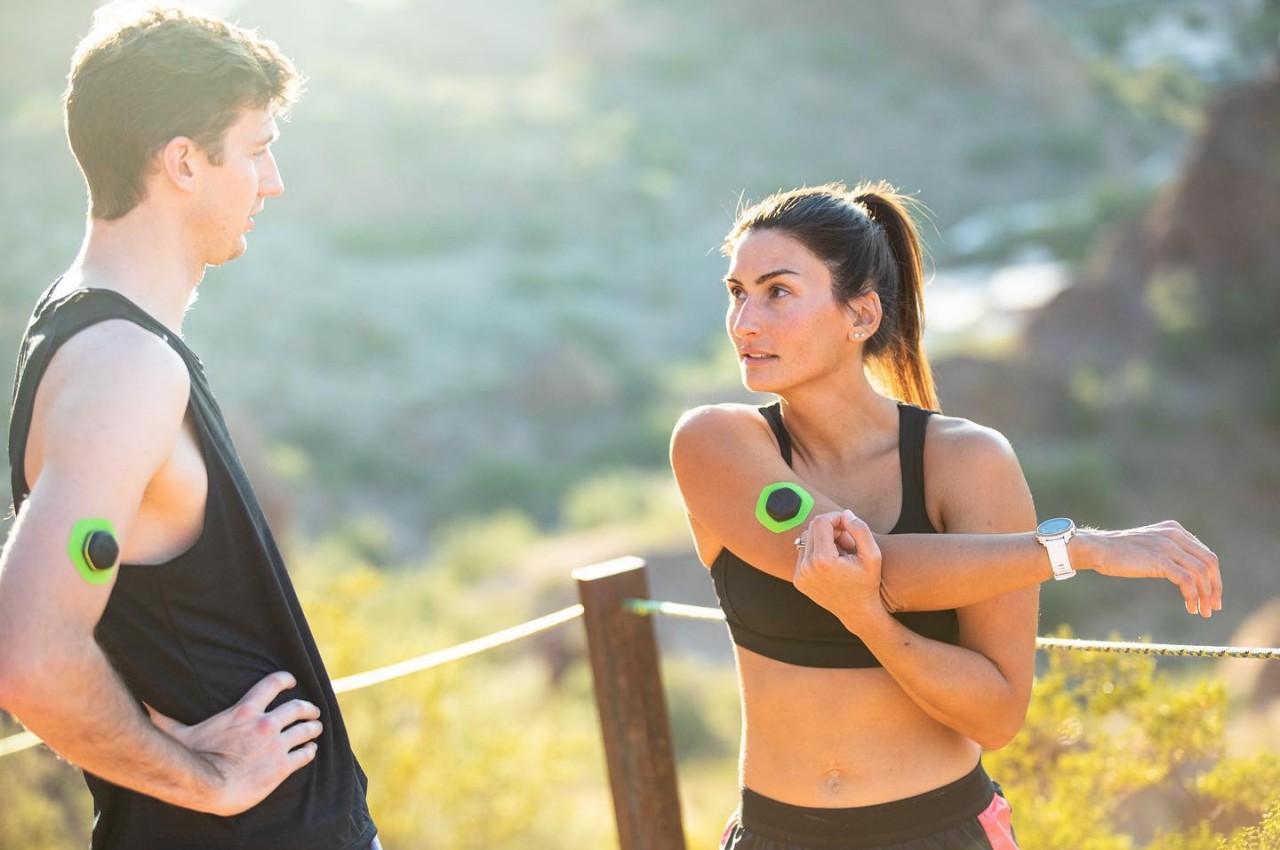
It isn’t just our planet that’s mostly made up of water. Our bodies, too, have large quantities of water and require a regular intake of fluids to keep them functioning properly. We all know this for a fact, yet few of us take the advice to heart. Those with more active lifestyles are often more conscious of this and hydrate more regularly, but they might not always know the most optimal strategy for the time and amount of water or other fluids to drink. Without sophisticated equipment to monitor your body’s fluid output, you might not know how much to take in. That’s the kind of information that this sensor offers, and it involves nothing more than just slapping a patch on your arm before your run or exercise.
Designer: Nix
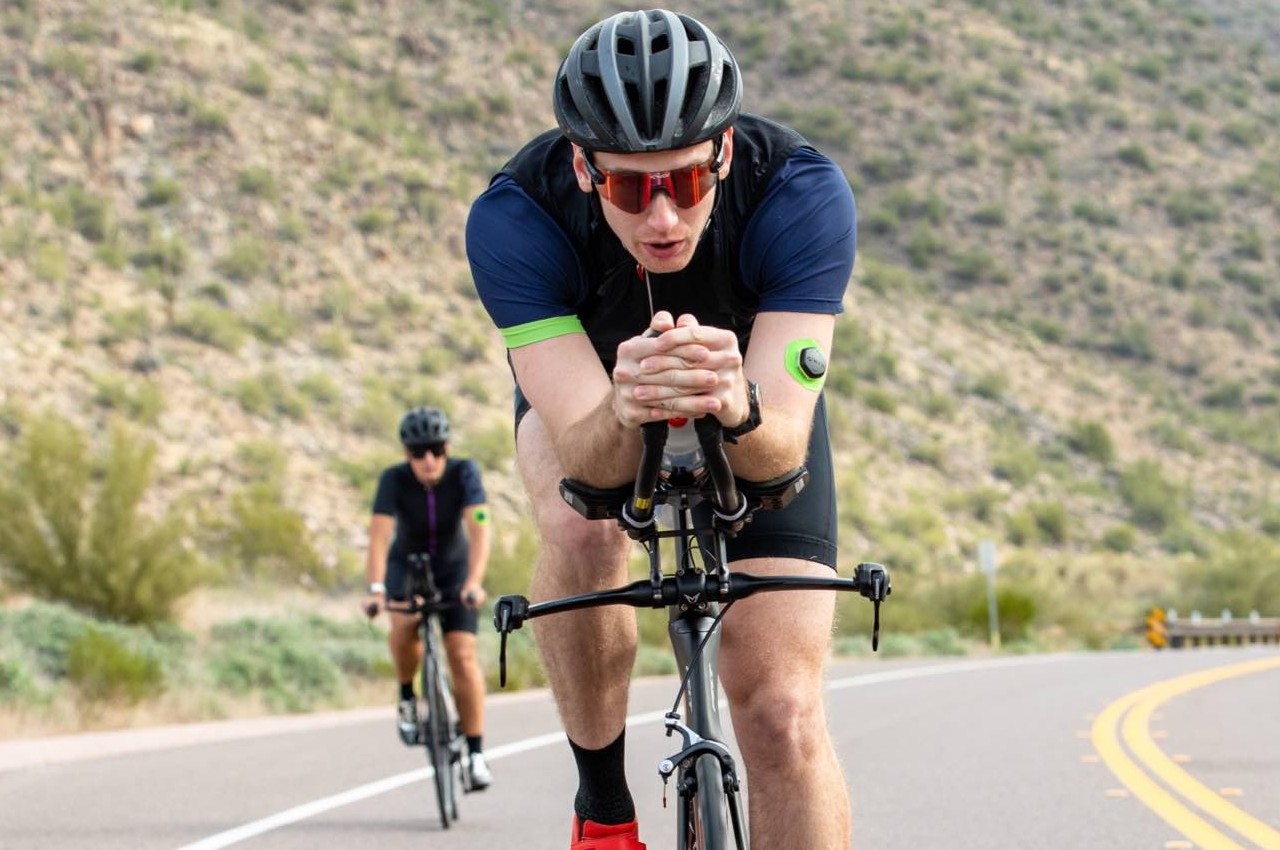
The common advice is to drink eight glasses or two liters of water a day, which is fine for most cases and individuals. When you live a more active lifestyle, though, especially if you work out often, when and how you hydrate involves more than that simple metric. Making it a bit more complicated is that different people have different hydration needs and rates of dehydration depending on their activity.
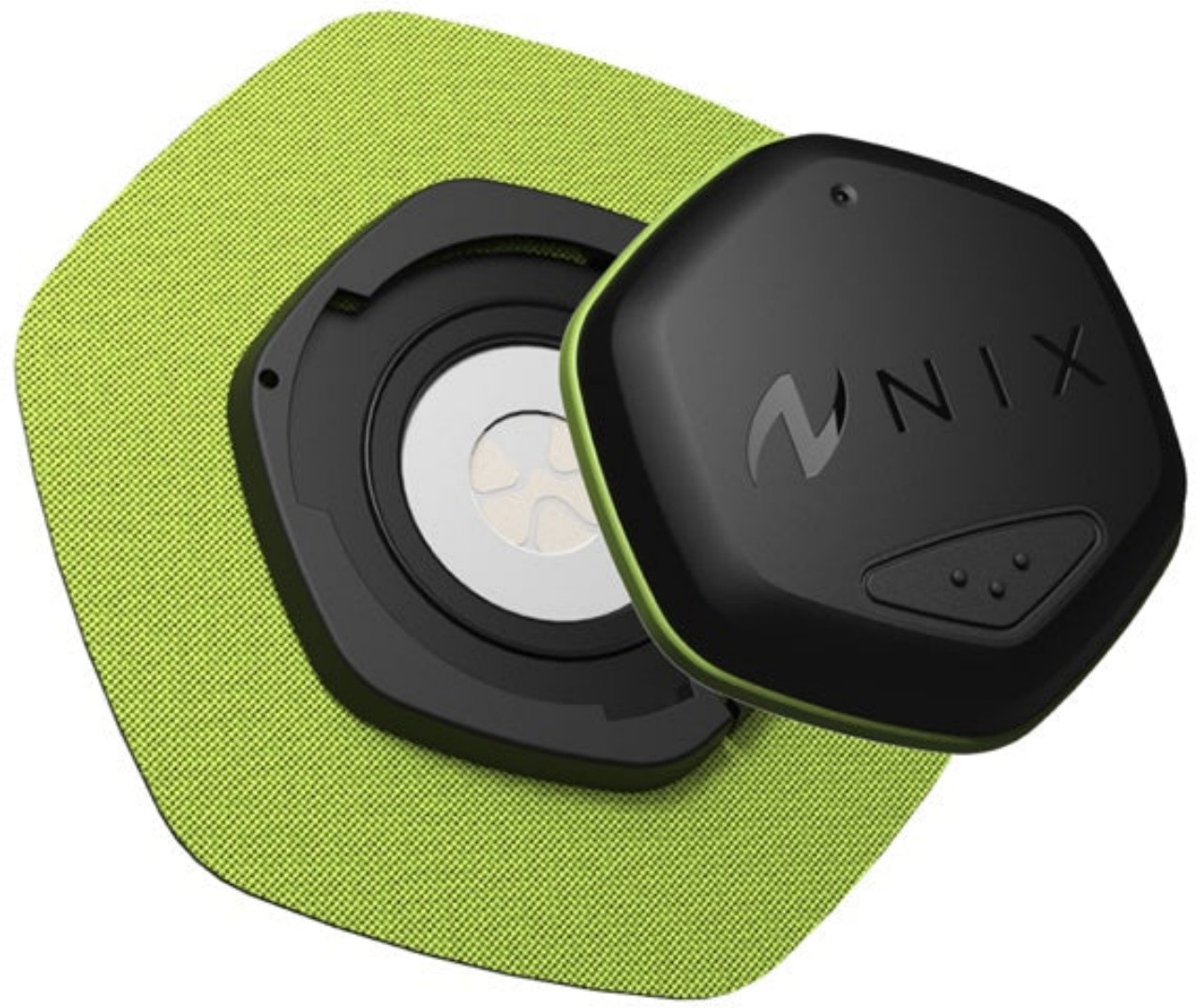
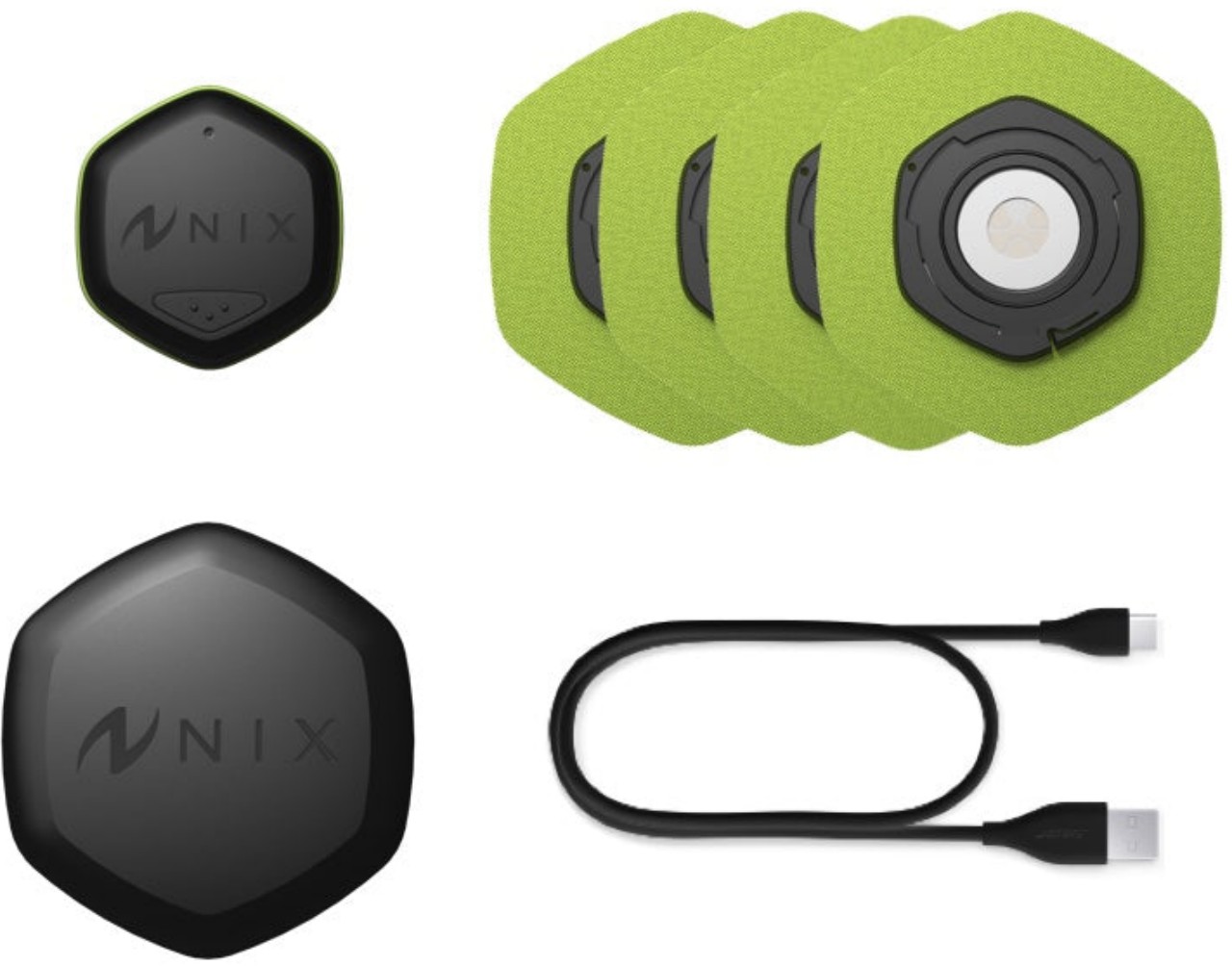
Rather than leaving that important health factor up to guesswork or generic figures, the Nix Hydration Biosensor uses science and technology to actually give you a better picture of your body’s hydration state. It’s almost similar to how our smartwatches constantly keep track of our heart rate, except that it uses a different biomarker and part of your body. This simple device sticks to your skin and tracks your fluid and electrolyte loss through the sweat you produce during activities.
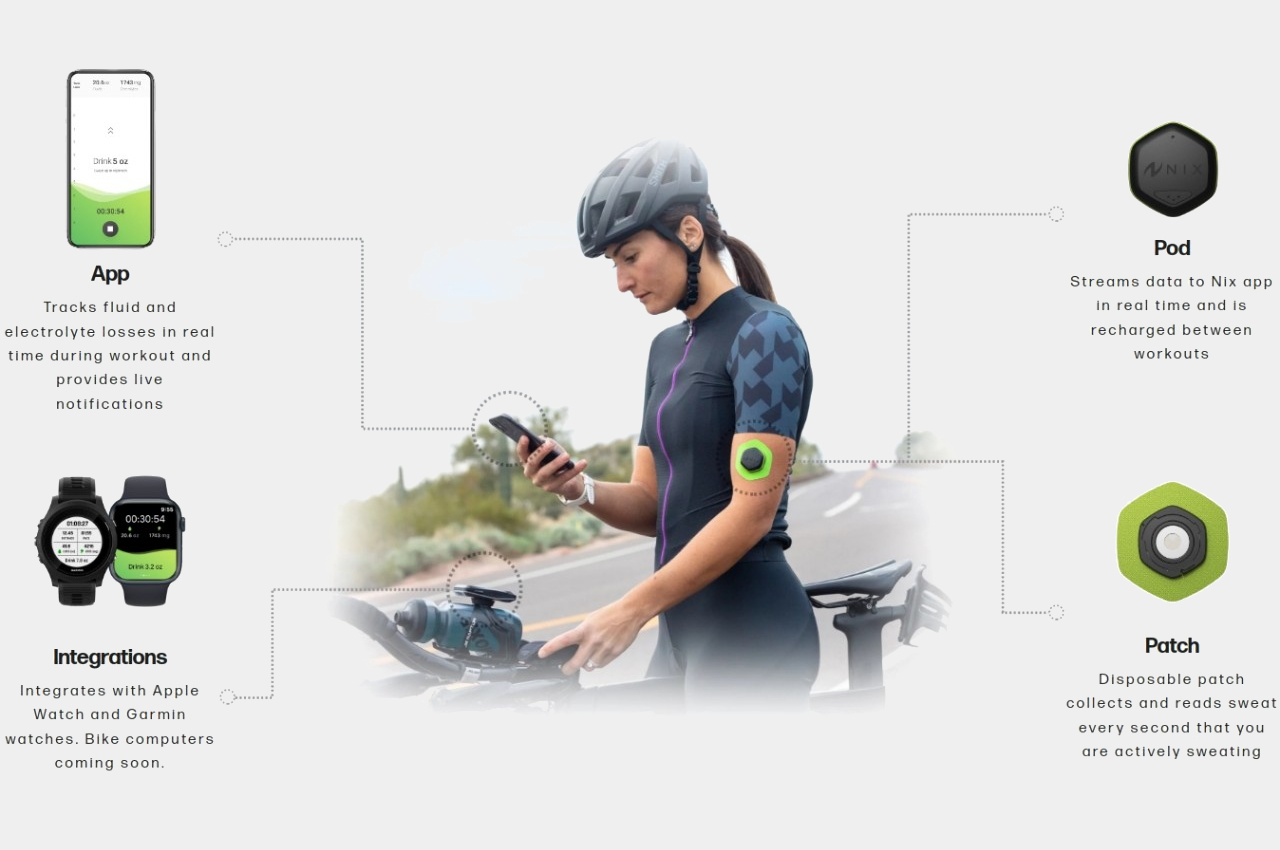
There is already equipment that can measure that data, but these are often bulky machines that can only be used inside labs and involve connecting multiple sensors to your body. This Hydration Biosensor, in contrast, whittles it down to just a hexagon-shaped pod that clips onto a sweat patch that you stick to your arm. Because of the sensor’s lightweight construction and the absence of any wires, the Hydration Biosensor won’t get in the way of any kind of workout or activity you might engage in.
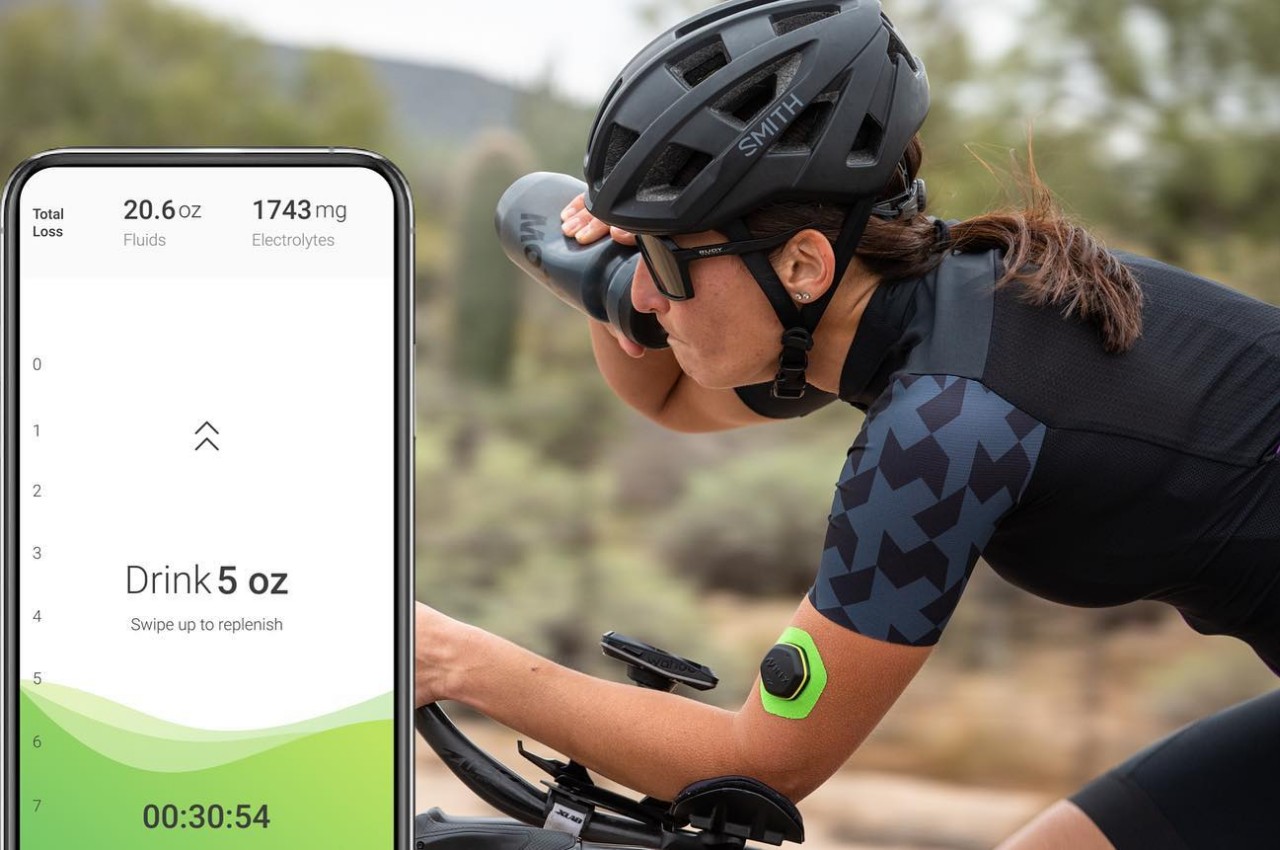
Similar to a smartwatch, the sensor sends its data to a companion device, usually a smartphone, which does the heavy work of analyzing that data to notify you when it’s time to drink up and how much. This might sound like micromanaging, but it’s the kind of efficiency that many athletes live by in order to get the best out of their workout as well as their recovery. At the very least, it will get people more aware of just how important hydration is to our well-being, especially when you start to notice how you get dehydrated more often than not.
